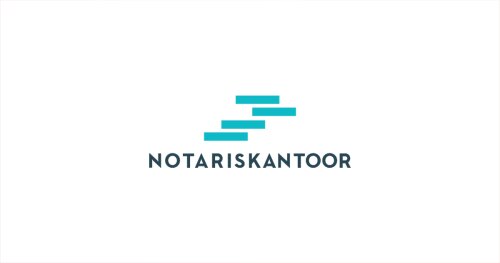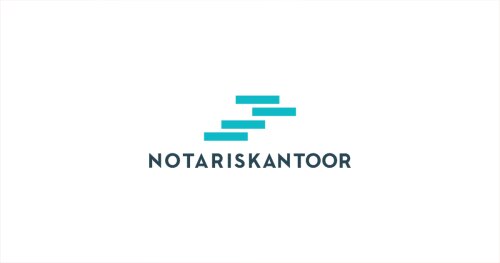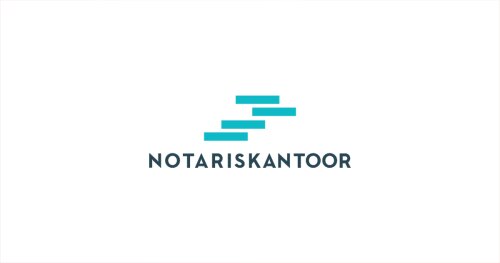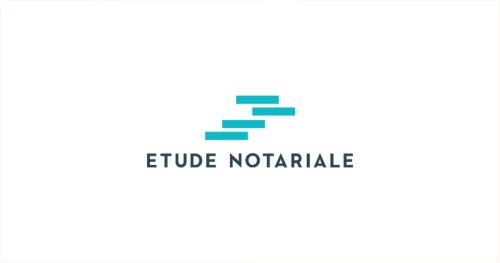Best Inheritance Law Lawyers in Belgium
Share your needs with us, get contacted by law firms.
Free. Takes 2 min.
Or refine your search by selecting a city:
List of the best lawyers in Belgium
About Inheritance Law in Belgium
Inheritance law in Belgium is primarily governed by the Belgian Civil Code and related family law provisions. It sets out how a deceased person’s assets are distributed among heirs, and it protects certain relatives through a reserved portion known as the forced heirship. The rules apply to residents and property located in Belgium, regardless of nationality.
Key concepts include mandatory shares for children and the surviving spouse, the ability to make a will to influence distribution, and formalities for different testament types. Notaries frequently play a central role in preparing and authenticating wills and estates, especially for real estate and complex asset structures. Understanding these basics helps you anticipate probate procedures and potential disputes.
Belgian inheritance law also interacts with cross-border issues, such as assets located abroad and wills made in other countries. The EU cross-border rules provide a framework for jurisdiction and recognition of wills in Belgium. This makes coordinated multi-jurisdiction planning essential for families with international assets.
Inheritance tax in Belgium is administered at the regional level and varies by region and relationship to the deceased.
Sources and further reading include official government portals and statistical data that explain the regional tax structure and procedures for transfers of property upon death.
Why You May Need a Lawyer
You may need guidance from an inheritance lawyer in Belgium in complex or high-stakes situations. Below are concrete scenarios drawn from real-world Belgian contexts.
- Disputes over the forced heirship share with mixed families. A second marriage leaves children from the first marriage with a reduced share. A lawyer can interpret the reserved portion and help negotiate a fair partition while complying with Belgian rules.
- Cross-border assets and multi-jurisdictional estates. If the deceased owned property in France and Belgium, a lawyer can coordinate probate in both countries and ensure the will is recognized under EU cross-border rules.
- Instrumenting a complex will or trust structure. When there are real estate holdings, businesses, or international investments, a notary or solicitor can draft or validate an authentic will that aligns with regional tax rules.
- Challenging or defending a will or renunciation of succession. If you suspect will fraud, undue influence, or misrepresentation, a Belgian advocaat can pursue contestation or defense in court.
- Tax optimization and succession planning. A lawyer can advise on how to structure gifts and wills to minimize regional inheritance taxes while staying within the law.
- Estate administration after the death of a parent or spouse. An attorney or notary can supervise asset inventory, debt settlement, and the formal transfer of ownership to heirs.
Local Laws Overview
The following laws and regulatory frameworks govern inheritance matters in Belgium. They reflect how the national civil code works together with regional tax regimes and cross-border rules.
Code Civil Belge - Des successions (Belgian Civil Code)
The Belgian Civil Code provides the statutory framework for succession, including rules on intestate distribution, the reserved portion, and the types of testament that are valid in Belgium. It also covers the formalities for accepting or renouncing an inheritance. This is the primary source you will rely on to understand your basic rights as an heir or will beneficiary.
Régional Decrees on the droits de succession (inheritance taxes)
Inheritance taxes in Belgium are set by regional decrees for Flanders, Wallonia, and Brussels. These regional rules determine rates, exemptions, and reliefs based on the heir relationship and residence. Because the regions update these rules periodically, your regional context strongly shapes the tax outcome of an estate.
EU Regulation 650/2012 on cross-border successions and related Belgian implementation
This EU framework governs jurisdiction, recognition, and enforcement of wills and succession decisions across EU member states. Belgium applies these rules to estates with cross-border elements, simplifying recognition of foreign wills and court decisions for heirs in multiple countries.
Cross-border succession rules apply to Belgian estates with assets outside Belgium and involve EU Regulation 650/2012.
Sources and official guidance from Belgian authorities explain how cross-border cases are handled in practice, including recognition of foreign documents within Belgian courts.
Frequently Asked Questions
What is the basic role of an inheritance lawyer in Belgium?
An inheritance lawyer guides you through will validity, probate procedures, and disputes. They help with interpretation of the forced heirship and coordinate with notaries or courts as needed.
How do I start probate in Belgium after a death?
Collect the death certificate, list assets and debts, and contact a notary or inheritance lawyer. They will initiate the inventory and filing process with the appropriate court or notarial office.
When should I hire a Belgian notary versus a lawyer for an estate?
Notaries typically handle notarial wills and real estate transfers. Lawyers handle disputes, contested wills, and multi-jurisdictional issues requiring litigation or cross-border advice.
Where can I register or validate a will in Belgium?
You can have a notary draft or authenticate a will in Belgium. For non-notarial wills, you may need legal validation or recognition in court depending on the case.
Why are regional inheritance taxes important in planning a Belgian estate?
Regional laws determine tax rates, exemptions, and reliefs. The same estate can incur different taxes depending on where assets are located or where heirs reside.
Can a non-Belgian citizen inherit a Belgian estate?
Yes, non-Belgian heirs can inherit Belgian assets. The process depends on the applicable jurisdiction for the asset and the will, if any, and may involve cross-border rules.
Should I renounce an inheritance in Belgium, and when is it advisable?
Renunciation may be wise to avoid debts or burdens. It must be done formally within a set period and can affect which heirs receive assets.
Do I need a formal Will to pass on assets in Belgium?
No, but a Will provides more control. Without one, assets pass according to intestate rules, which may not reflect your wishes or protect dependents.
Is an international will recognized in Belgium?
Yes, under EU cross-border rules an international will can be recognized, but you should ensure it complies with required formalities and translation rules.
How long does the Belgian probate process typically take?
Probate duration varies by complexity, assets, and court caseload. Simple estates may complete in 6 to 12 months; complex cases can take longer.
What costs should I expect in an inheritance case in Belgium?
Costs typically include notary fees, court fees, and lawyer or advocate fees. Regional taxes also apply to the estate and may be significant.
Additional Resources
- Federal Public Service Justice (justice.belgium.be) - official information on family law, probate procedures, and notary services in Belgium.
- eJustice Portal (ejustice.just.fgov.be) - access to court procedures, case tracking, and cross-border recognition of wills.
- Statistics Belgium (statbel.fgov.be) - official data on population, demographics, and inheritance tax statistics by region.
Next Steps
- Define your goal and identify assets, debts, and all potential heirs. Gather death certificates, wills, and property records. Complete this in 1-2 weeks.
- Decide the professional path you need immediately. Determine if you need a notary for real estate and a lawyer for disputes or cross-border issues. Set expectations in 2-5 days.
- Find candidates by checking regional Bar associations and official directories for inheritance specialists. Shortlist 3-5 professionals within 2-3 weeks.
- Ask for proposals and fees from shortlisted lawyers and notaries. Request sample engagement letters and anticipated timelines. Do this in 1-2 conversations.
- Interview and verify credentials with at least two professionals. Ask for case studies, success rates, and references. Spend 1-2 weeks on interviews.
- Engage a professional and plan with a written agreement outlining scope, fees, and milestones. Establish a timeline and preferred communication method within 1 week of choosing.
- Prepare documents and begin the process compile asset inventories, tax information, and any foreign wills. Start within 1-4 weeks of engagement and progress with the professional’s plan.
Lawzana helps you find the best lawyers and law firms in Belgium through a curated and pre-screened list of qualified legal professionals. Our platform offers rankings and detailed profiles of attorneys and law firms, allowing you to compare based on practice areas, including Inheritance Law, experience, and client feedback.
Each profile includes a description of the firm's areas of practice, client reviews, team members and partners, year of establishment, spoken languages, office locations, contact information, social media presence, and any published articles or resources. Most firms on our platform speak English and are experienced in both local and international legal matters.
Get a quote from top-rated law firms in Belgium — quickly, securely, and without unnecessary hassle.
Disclaimer:
The information provided on this page is for general informational purposes only and does not constitute legal advice. While we strive to ensure the accuracy and relevance of the content, legal information may change over time, and interpretations of the law can vary. You should always consult with a qualified legal professional for advice specific to your situation.
We disclaim all liability for actions taken or not taken based on the content of this page. If you believe any information is incorrect or outdated, please contact us, and we will review and update it where appropriate.
Browse inheritance law law firms by city in Belgium
Refine your search by selecting a city.















